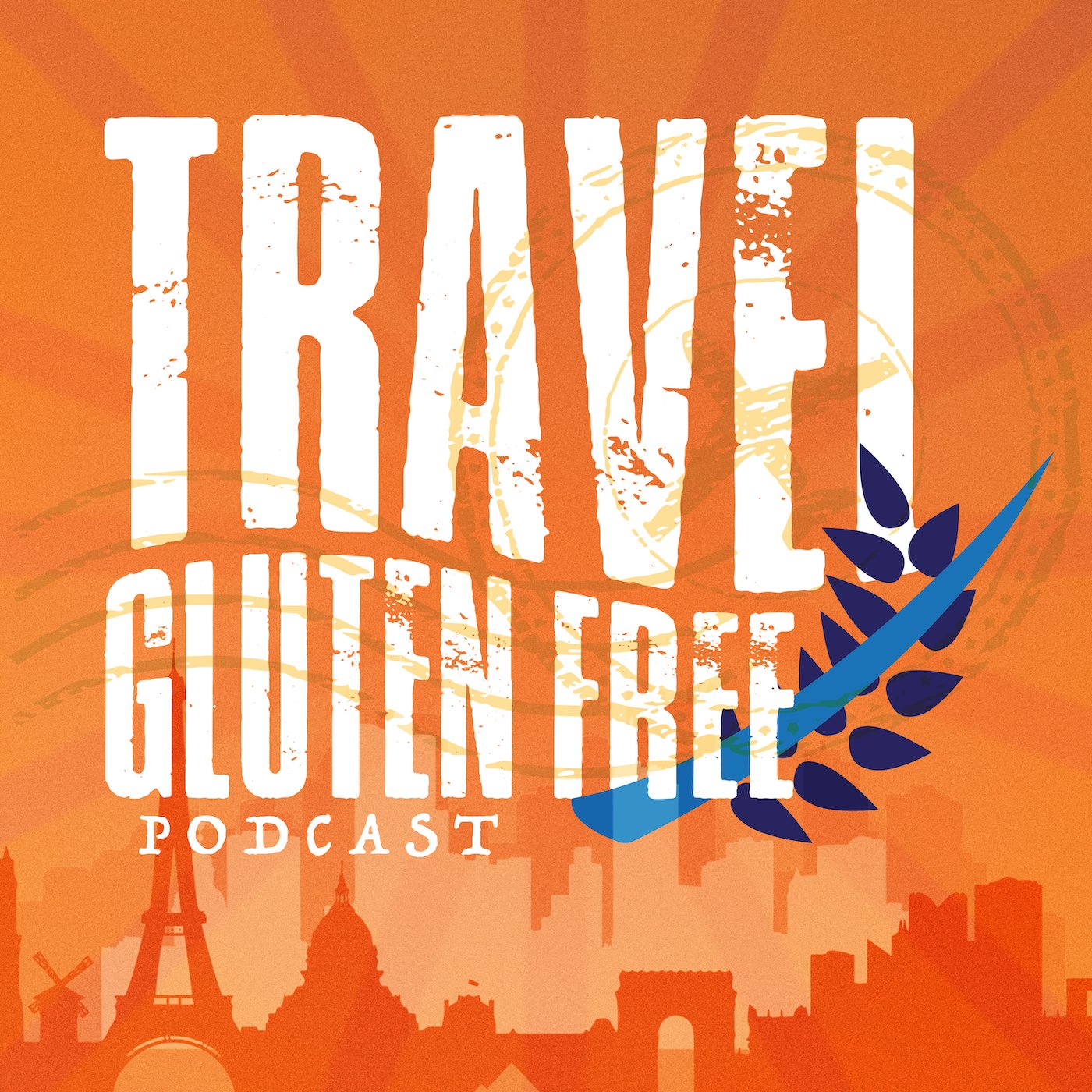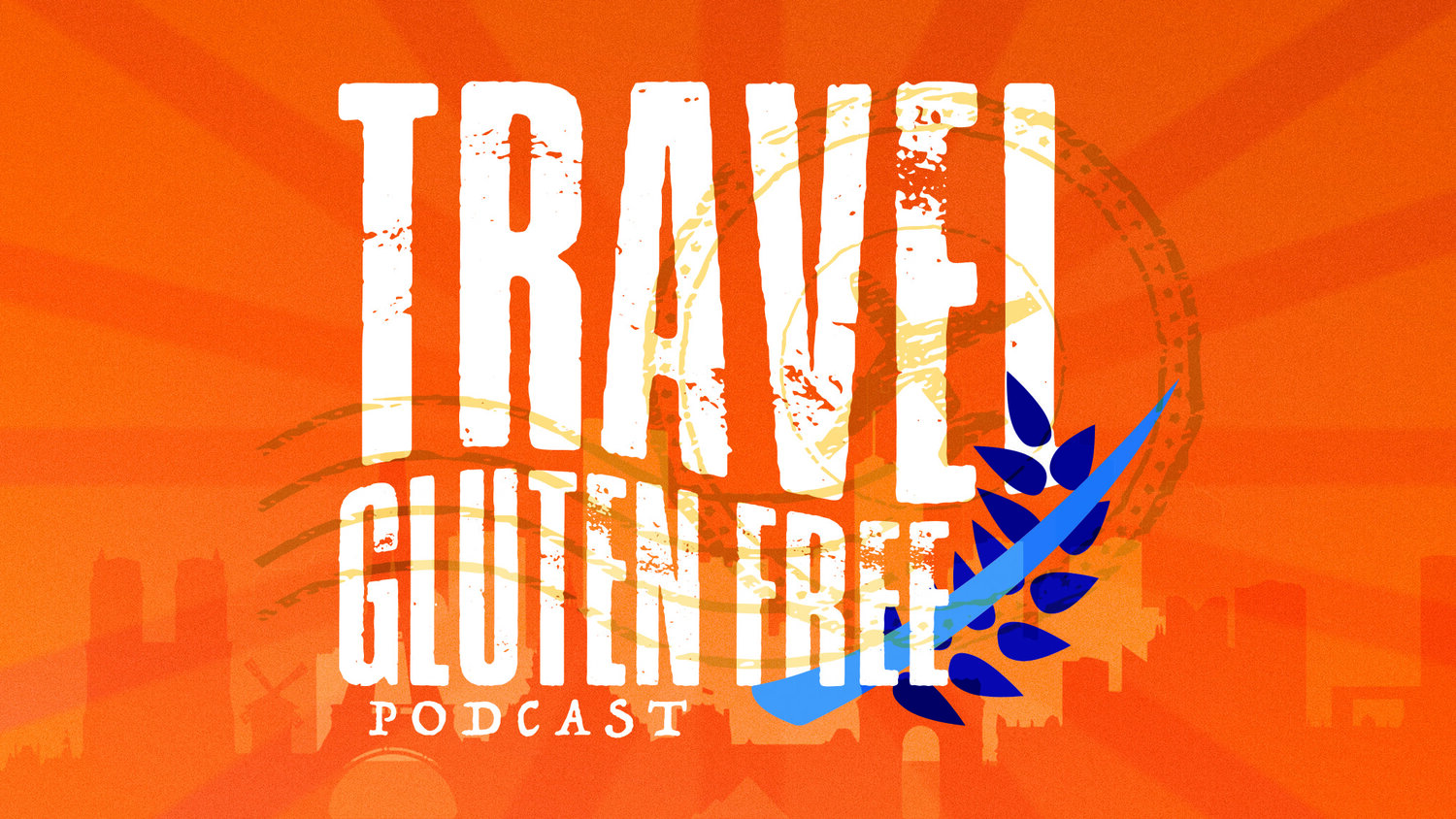What Can You Eat on a Gluten Free Diet?
Let's face it, when we want a tasty dessert, eating gluten-free, shall we say, can be challenging, to put it mildly. Unless you are eating at a dedicated gluten-free restaurant, dedicated bakery, or a gluten-free friendly establishment, your choices of gluten-free desserts can be limited to none.
When we eat in a category other than desserts, our food choices are much more diverse and far-reaching. With so many food choices, eating gluten-free can be fun and push us out of our box to explore and create new dishes and desserts. Being gluten-free can even make us an advocate for gluten-free that tastes good!
When you're out and about, whether shopping or dining, keep this list handy! Although extensive, this is not a complete list of all gluten-containing foods. Your best defense is to be an informed, excellent label reader and check out the label before you buy every time you shop. Don't ever assume that a jar of nuts or trail mix doesn't have gluten because it says gluten-free on the box. Make sure to read through all the ingredients, then look to see if there is a warning for cross-contamination.
Eating gluten-free doesn’t need to close as many doors to you as you might think. Maybe this is your sign to do some culinary exploring!
What You Can Eat on a Gluten-Free Diet
Foods that are listed below are listed in their natural state. They are not seasoned, in mixes, or mixed with other food, spice, or liquid food matter.
Fruits and vegetables
Unsulfured dried fruits
Fresh meats and fish
Milk, eggs, cheese, butter (except Roquefort)
Beans, peas, legumes
Almonds, cashews, pecans, walnuts, and other raw/natural nuts
Carob and cocoa powder
Corn/blue corn, cornmeal, polenta, cornflour, corn pasta
Arrowroot
Guar gum
Xanthan gum
Tapioca flour and starch
Buckwheat, either whole grain or flour
Quinoa, whole grain, quinoa flour, quinoa pasta
Rice, whole grain, white or brown rice flour, rice pasta
Potato, root, or potato starch and flour
Tapioca, whole pearl, tapioca starch, and flour
Millet, whole grain, flour
Amaranth, whole grain, amaranth flour
Teff, whole grain, Teff flour
Oats, only those that are certified gluten-free
La Choy brand soy sauce and teriyaki sauce are gluten-free
Hard alcohol, such as vodka, whiskey, and brandy, is gluten-free
Apple cider vinegar, white vinegar
Foods to Avoid on a Gluten-Free Diet
These foods are a BIG NO-NO if you are eating gluten-free, especially for an allergy, gluten intolerance, or Celiac disease. So stay away from these foods: pretend they are the light you want to move away from at the end of the tunnel!
Gluten-containing grains and grain products (wheat, barley, rye, spelt, Kamut, triticale, durum, semolina)
Tabouli
Beer (unless a beer is made from a non-gluten grain)
Soy, tamari, and teriyaki sauce, unless specifically labeled gluten-free.
Flour tortillas
Wheat germ, wheat starch, wheat flour, basically anything labeled "wheat."
Ramen noodles, unless they are made from rice.
Pasta made from gluten-containing grains
Durum semolina (pasta flour from wheat)
Couscous
Soy sauce or teriyaki sauce (unless specifically labeled wheat-free)
Graham crackers and graham flour
Crackers with gluten-containing grains listed above
Malt, barley malt, malt flavoring, malted foods
Maltodextrin
Monosodium glutamate
Stuffings
Breaded foods, bread crumbs
Fried foods, even if made with non-gluten grains. Frying is the most straightforward process to cross-contaminate your food!
Where Gluten Hides in Food
Gluten can be sneaky and show up in foods you would never suspect. Gluten is used as a filler and thickener in many foods. Why? Gluten is easy, cheap, and readily available. As a result, wheat flour can be where we least likely expect it to be (and usually when we least WANT gluten to be in our diets).
For example, I was at a soft-serve yogurt bar, and half of their yogurts listed gluten as an ingredient. The good news is the gluten-free flavors were labeled at this one shop. Now you're talking! If everyone would just label their food, the world would be a better place, now wouldn't it?
Double-check these foods before you eat them. Gluten has a way of sneaking into the foods we don't expect, but we are smarter than gluten now, aren't we?
Breakfast items
Rice cereal using barley malt or malt
Oat cereals usually add wheat or are made in a factory with gluten-containing grains. Unless they specifically read certified gluten-free, assume they could be contaminated.
Condiments, drinks, and dressings
Low-fat spreads and butter substitutes
Salad dressing and any type of dressing that is creamy in texture
Spice mixes
Non-dairy creamer
Oats, if not certified gluten-free
Desserts
Ice cream, spumoni, gelato, and frozen yogurt
Pudding
Chocolate truffles and chocolate-filled confections
Main Dishes
Soups
Meatloaf, usually the gravy is not gluten-free
Meat and tomato sauces
Chicken pot pie, unless it is specifically gluten-free
Salad dressing
Canned vegetables and canned veggie mixes
Canned, dry soup mixes or pre-packaged soups
Hot dogs
Commercially prepared meats
Snacks and supplements
Nut mixes, especially those that are flavored
Granola or nut bars
Protein bars, meal replacements, protein powder
When you feel that you cannot eat anything and that feeling is real, remember to focus on the positive - the foods you can eat. In actuality, there are more gluten-free foods than foods with gluten, especially when it comes to raw, whole foods. Also, stick to the grocery store's outside aisles, as these aisles usually have more gluten-free choices than the inside aisle - unless it's a gluten-free aisle!
Discover tips on how to safely travel gluten-free with my complimentary ebook, Ten Tips for Traveling Gluten Free! You can also find out more details about how to travel via cruise, road trip, or camping and learn the freedom you can have when you know how to travel with Celiac disease when you grab my Guide to Traveling Gluten Free.
And if you're looking for the best all-natural gluten-free travel cosmetics, check out the brand line that eliminates over 100 common chemicals in regular hair and skincare in my gluten-free shop. While shopping there, you're supporting the Travel Gluten Free Podcast and the production costs for creating my podcast.



